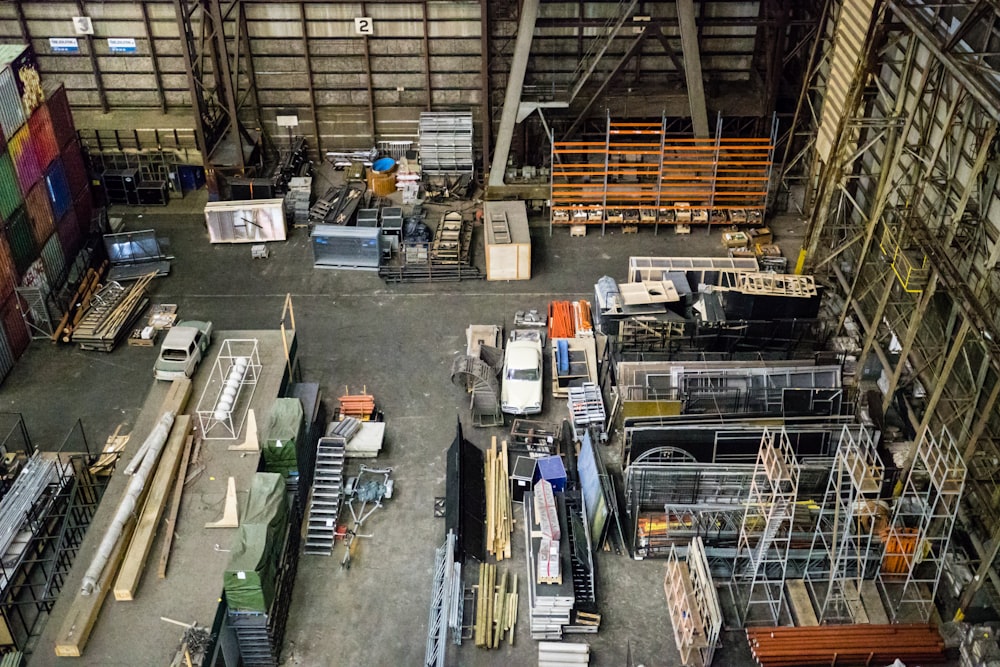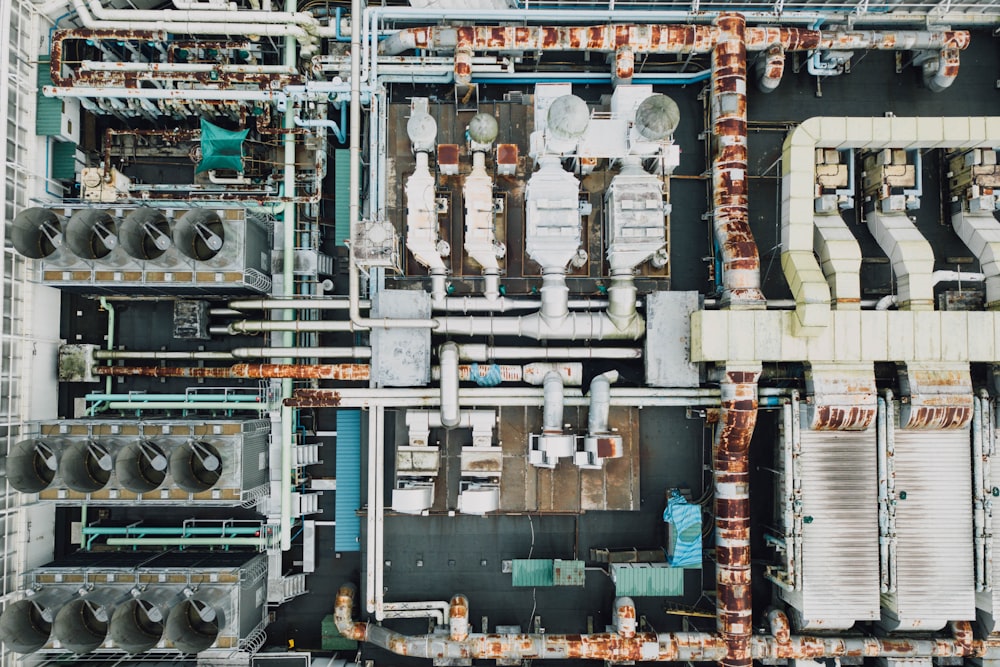
Strategic Industrial Process Optimization for Efficiency Gains
Strategic Industrial Process Optimization for Efficiency Gains
Efficiency is the heartbeat of industrial success, and strategic process optimization lies at the core of achieving it. Let’s delve into the realm of industrial process optimization strategies and how they pave the way for substantial efficiency gains.
Data-Driven Decision-Making
In the era of Industry 4.0, data reigns supreme. Industrial process optimization strategies are increasingly reliant on data-driven decision-making. By harnessing real-time data from various stages of the production process, industries gain valuable insights into bottlenecks, inefficiencies, and areas for improvement. This strategic use of data guides decision-makers in formulating and implementing optimization strategies with precision.
Automation for Precision and Speed
Automation is a game-changer in the realm of industrial process optimization. By automating routine and time-consuming tasks, industries achieve not only precision but also significant speed in their operations. From robotic assembly lines to AI-driven quality control, automation plays a pivotal role in streamlining processes and reducing manual intervention, contributing to overall efficiency gains.
Supply Chain Integration
Efficient industrial processes extend beyond the factory floor, encompassing the entire supply chain. Strategic optimization involves integrating supply chain processes for seamless coordination. By adopting technologies that enable real-time tracking of inventory, demand forecasting, and logistics, industries can optimize their supply chain, ensuring the timely availability of materials and minimizing disruptions.
Lean Manufacturing Principles
At the heart of many successful industrial process optimization strategies are lean manufacturing principles. Lean methodologies focus on eliminating waste, optimizing resource utilization, and continuously improving processes. By adopting a lean mindset, industries create a culture of efficiency where every aspect of the production process is scrutinized for opportunities to enhance productivity.
Continuous Improvement Mindset
Industrial optimization is not a one-time endeavor; it’s a continuous journey of improvement. Embracing a continuous improvement mindset involves regularly assessing processes, seeking feedback from employees, and implementing incremental changes. This iterative approach ensures that industrial operations are always evolving towards higher levels of efficiency.
Employee Training and Empowerment
Efficient processes rely on skilled and empowered personnel. Industrial process optimization strategies include comprehensive employee training programs. When employees are well-trained and empowered to make decisions, they become an integral part of the optimization process. Their insights and expertise contribute to identifying areas for improvement and implementing effective solutions.
Energy-Efficient Practices
Sustainability is a growing concern for industries worldwide. Strategic industrial process optimization includes the adoption of energy-efficient practices. From optimizing equipment to scheduling processes during off-peak energy hours, industries can reduce their environmental footprint while also enjoying cost savings—a win-win approach to optimization.
Customized Technology Integration
No two industries are the same, and neither should be their approach to technology. Strategic optimization involves the customized integration of technology solutions that align with specific operational needs. Whether it’s implementing IoT devices, advanced analytics, or specialized software, the strategic use of technology enhances efficiency in a targeted manner.
Collaboration Across Departments
Breaking down silos and fostering collaboration across departments is a key aspect of industrial process optimization. When different facets of the organization work collaboratively, information flows seamlessly,








